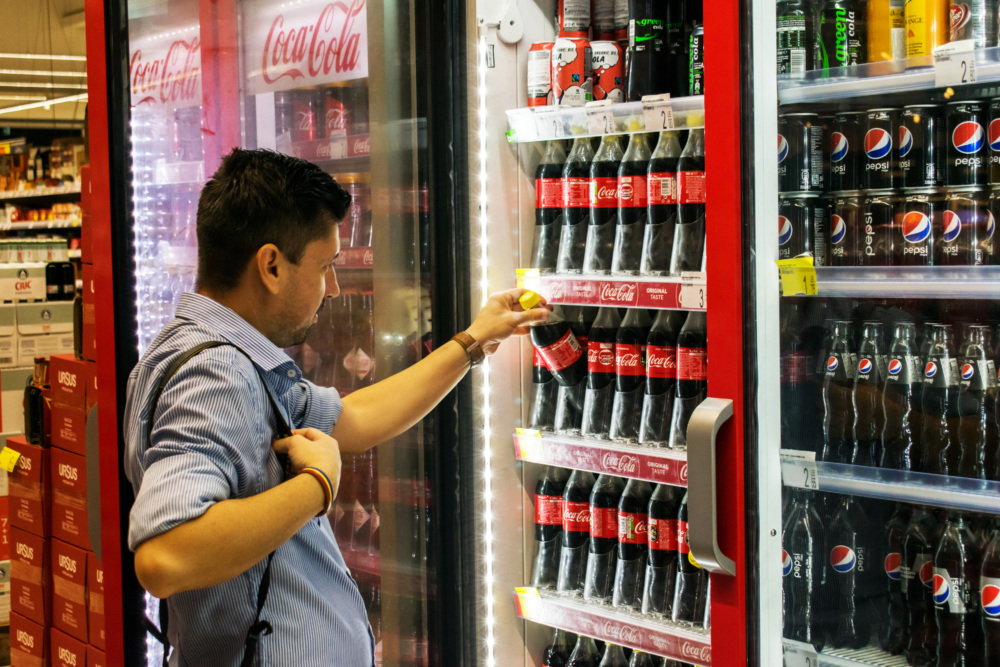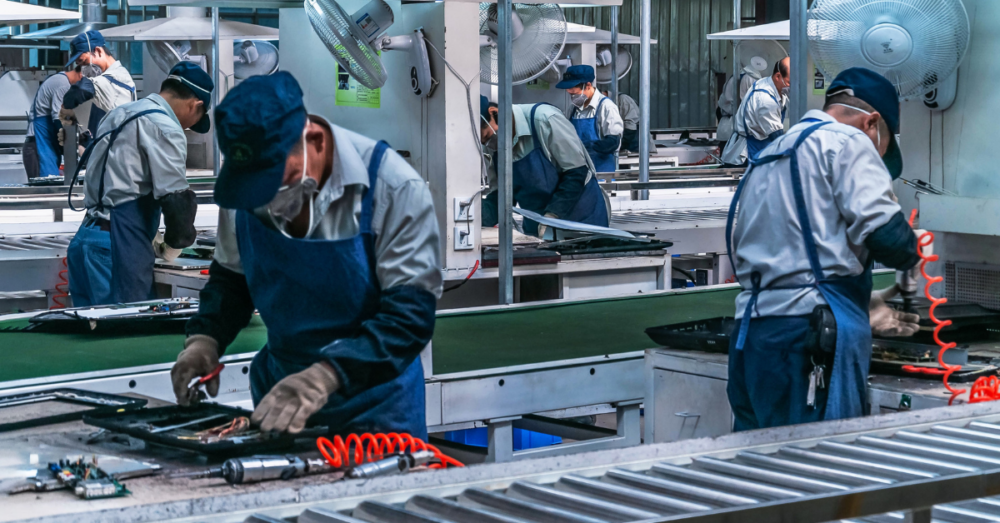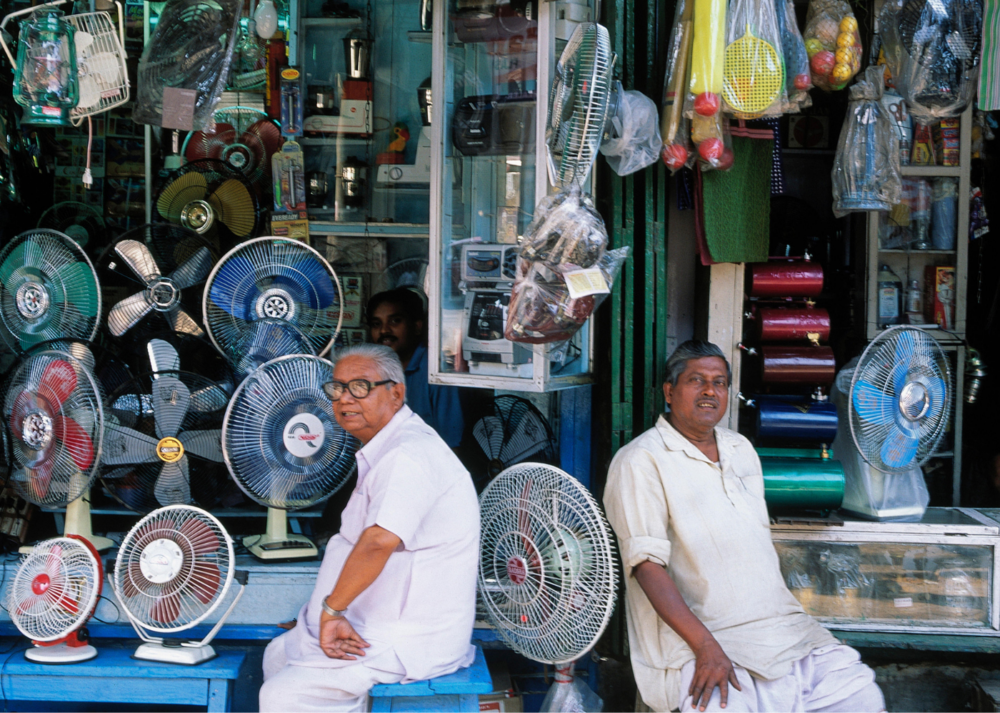Changing India’s Energy Landscape Through Efficiency Policy
CLASP and the Bureau of Energy Efficiency have worked together since 2002 to advance policy solutions that increase the uptake of highly efficient lighting, appliances, and equipment.
Robust appliance efficiency policies and agendas require strong institutions and a healthy ecosystem of actors, including the public sector, the private sector, and civil society and consumers. CLASP’s work in India over the last two decades has contributed to the strengthening of all of these actors, as well as reduced greenhouse gas (GHG) emissions and peak demand, helping to diminish air pollution, and enhancing the effectiveness of the consumer-facing policy mechanism, the ‘5-star’ energy label.
Today, the energy label—which is led and administered by the Bureau of Energy Efficiency (BEE)—covers 28 products and is recognized across the country. In 2020, the Ministry of Power noted that appliance energy efficiency policies alone contributed over 50% of overall electricity reductions from energy efficiency between 2018 and 2019.
CLASP has provided extensive technical and programmatic support to BEE since 2001. Over the last two decades, CLASP has informed a majority of the 28 products covered by the energy label through market data collection and analysis, proposed policy benchmarks and associated impacts, as well as strengthening institutional capabilities. Over the last four years alone, CLASP supported the development and revision of efficiency policies for 11 products that will cumulatively avoid 254 MT of CO₂ by 2030.
Read more about the impact of our partnership in these key areas

Cooling
In India, nationwide cooling demand is expected to grow 6 times by 2040. With CLASP support, BEE has regulated nearly every cooling appliance on its market.
In the last four years, CLASP supported new or revised policies for cooling appliances will cumulatively avoid 222 MTCO₂ by 2030.
CLASP’s support on policies for cooling appliances–chillers, light commercial and room ACs, ceiling fans, refrigerators and deep freezers – address key and immediate recommendations under the India Cooling Action Plan (ICAP), a 20-year vision document developed by the Government of India to meet cooling demand in a climate-friendly manner. In 2020, CLASP, in collaboration with BEE, organized an interactive online webinar on the Indian model of policy development for cooling appliances.
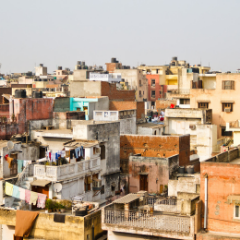
Data Tools
With ever-rising electricity consumption in India and the increasing number of appliances, data on residential energy end-use and appliance energy consumption at the household level are critical for developing better electricity demand projections and related strategies for curbing energy consumption.
The NEEM Dashboard will help address the existing data gap and work toward a roadmap for future policy development and interventions.
In 2019, CLASP and BEE collaborated on a major survey of residential electricity consumption in 5,000 households that also included real-time monitoring of appliance energy use in 200 households. Data was collected from 13 cities spanning different climate zones and reflects varied socio-economic strata and demographics. We integrated the data into a publicly accessible analytical tool, the National Energy End-Use Monitoring (NEEM) Dashboard. The dashboard provides new insight into energy consumption and usage patterns and will inform policy development, impact assessment, and consumer-facing strategies for reducing energy consumption.
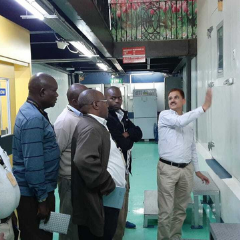
International Collaboration
In an effort to promote international best practices and collaborative policy development, CLASP and BEE have facilitated several opportunities to share lessons from an impactful partnership in energy efficiency and learn from other policymakers' experiences.
Sharing best practices in energy efficiency can increase collective policy ambitions across countries
In 2020, CLASP facilitated a study tour that brought Kenyan officials to India to learn about the country’s highly successful energy efficiency agenda. The tour was an opportunity to gain deep insight into India’s design and implementation of the well-established policy process. Kenyan officials met with the Indian Bureau of Energy Efficiency and Bureau of Indian Standards to discuss the India appliance cooling efficiency program and potential collaboration between the two countries.
Global demand for air conditioning is rising, and as governments embrace the many benefits of cooling for health, productivity and comfort, they also face challenges in managing higher electricity demand and the climate impacts of AC energy and refrigerant use. Policymakers from Brazil, India, and China spoke at a 2020 CLASP webinar to share insights from their experiences implementing AC efficiency policy. A common feature in all three countries has been to establish a predictable timeline for policy evolution, while the specifics of their approaches have varied.







